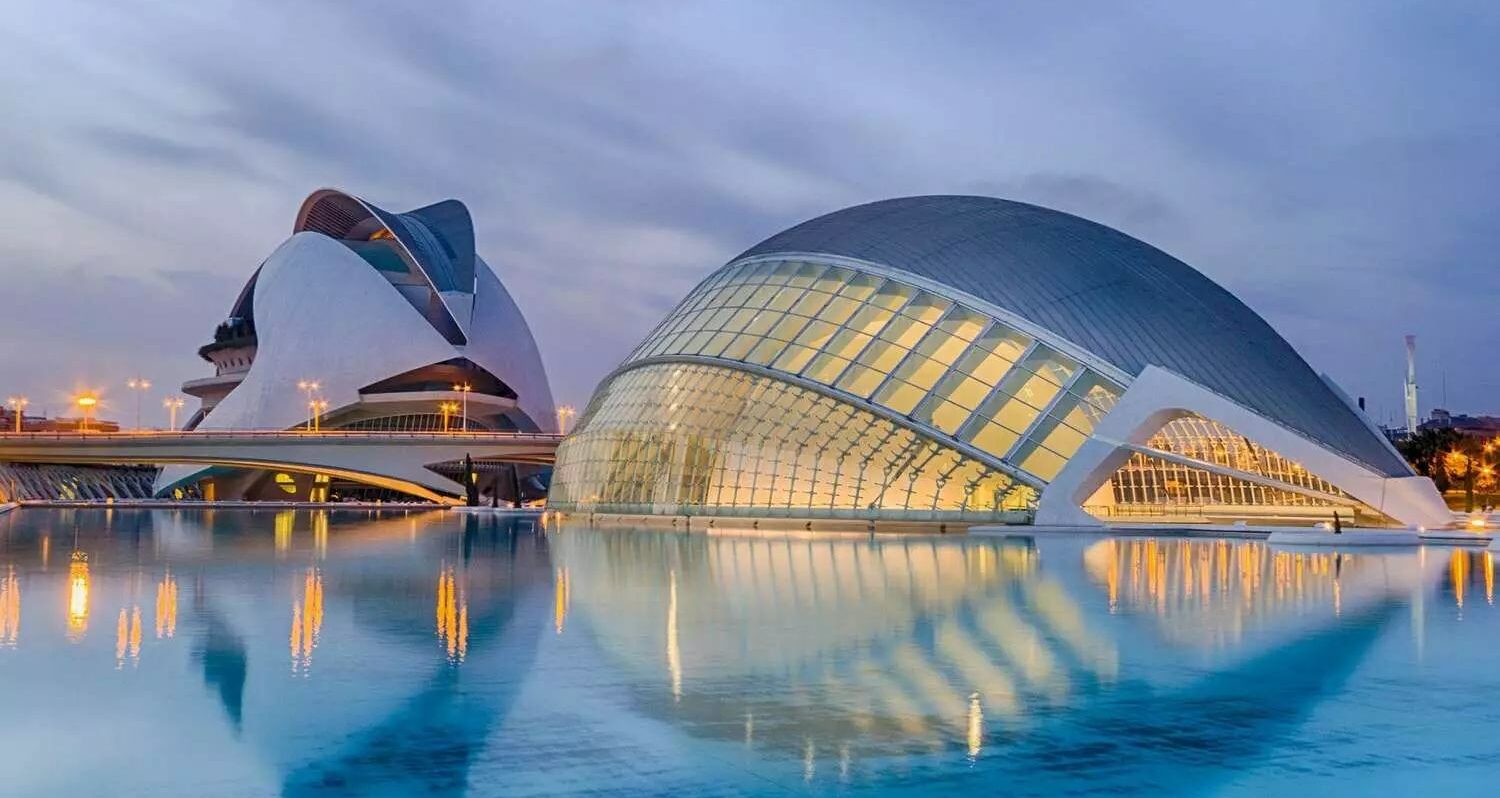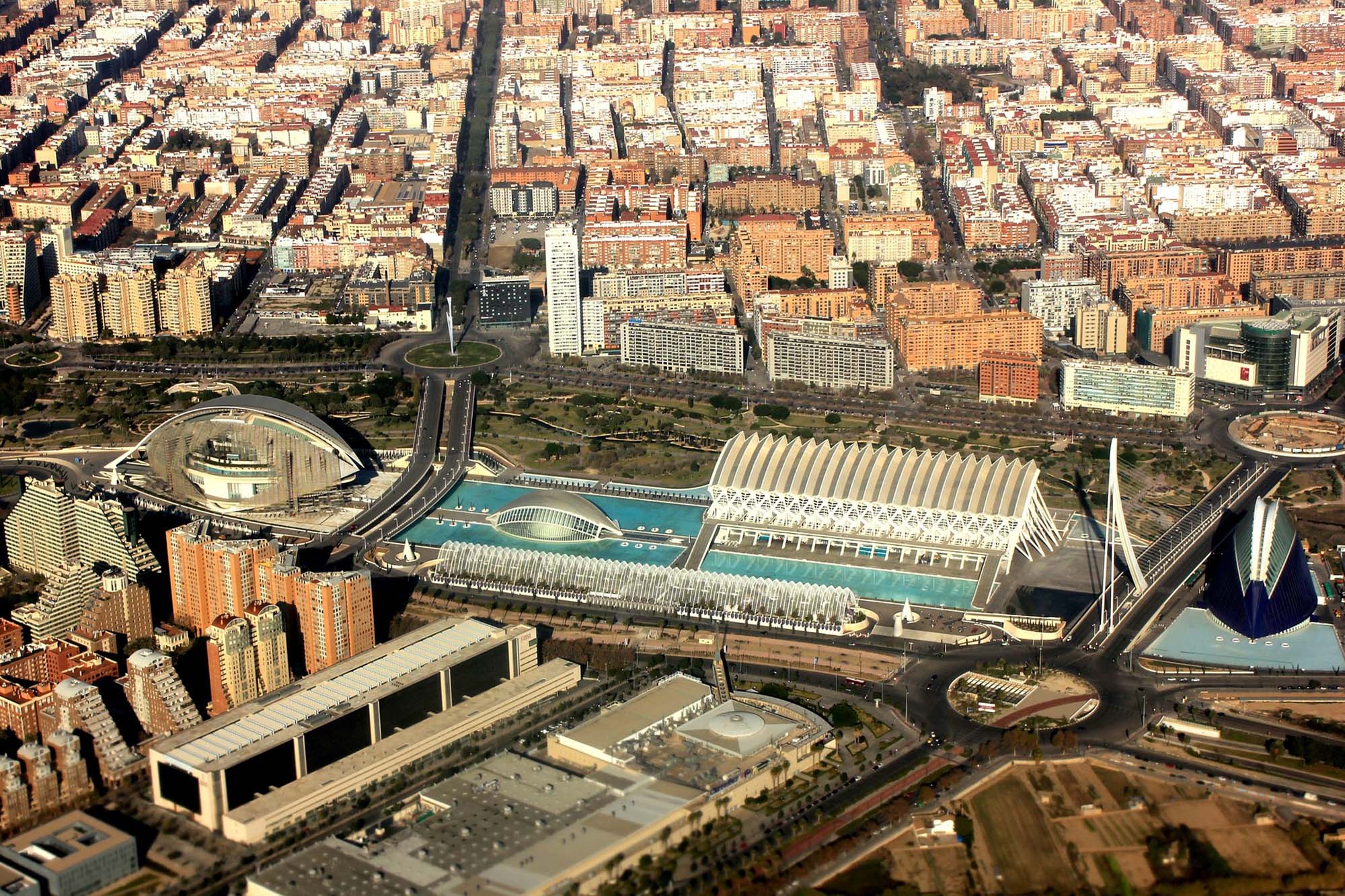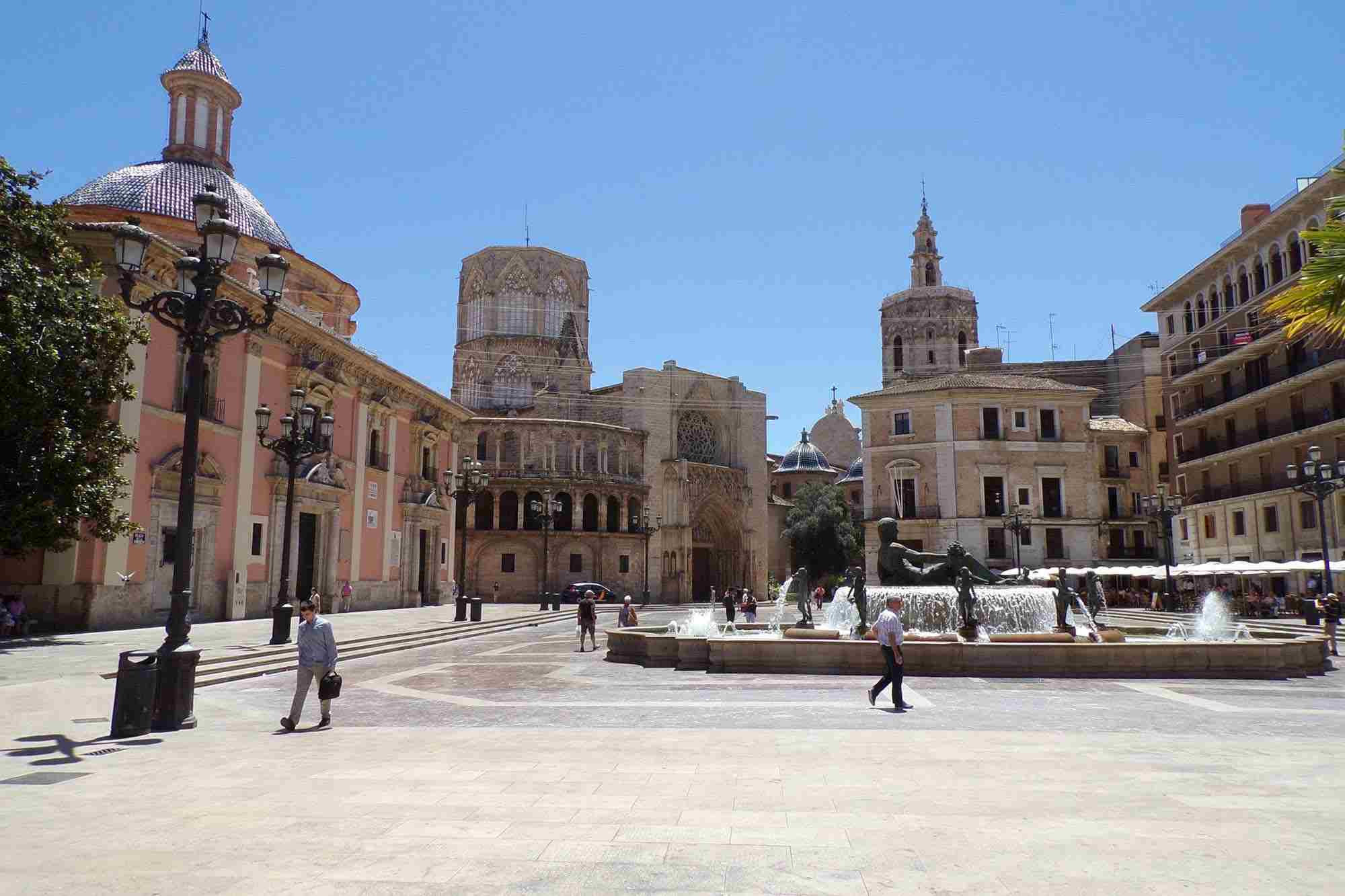
VALENCIA: WHY THE CITY IS A PIONEER IN CLIMATE-FRIENDLY TOURISM
Climate-neutral future through CO2 measurements.
17 February 2021
Valencia is not only the third largest city in Spain, but also the first city in the world to measure and monitor the carbon footprint of tourism. With the new strategy for sustainable tourism a climate-neutral future is being targeted. Thus, Valencia also acts as a great role model for other tourism regions.

The green future
Tourists love Valencia for its diversity, artistic offerings and dreamy charm. The city itself also appreciates the countless visitors who make the annual pilgrimage to the port city to soak up Spanish culture. At the same time, the tourism authority never loses sight of one goal: the sustainability of the city. In order to maintain this pillar at all times, "Visit Valencia"recently carried out a study that shows all the causes of CO2 emissions - which are triggered by tourism activities. Ten areas were analysed in total. These include water management, waste, transport in and around the city and overnight stays.

The result of the study: in 2019 alone, tourism caused 1.3 million tons of carbon dioxide. Of that, a full 81 percent came from just getting to the city. The daily traffic that prevails in Valencia, however, contributed less than one percent.
In addition, the study found that the greenhouse gases generated by tourism activities are equivalent to one third of the carbon footprint generated by the food consumption of the city's inhabitants.
Climate neutral by 2025
Valencia is striving to be a climate-neutral city by 2025 and thus also to represent a world-leading tourist destination, completely without environmental pollution. Among other things, it is being discussed whether public transport can be completely converted to electric operation. But there are also plans for more green spaces that will absorb carbon dioxide.

In general, Spain is a country that sets a good example in terms of climate and environmental protection. The biosphere reserve in Urdaibi in the Bay of Biscay or the marine biosphere reserve in Menorca prove once again how important this issue is. Important animal and plant species ensure an ecological balance here. In addition, there are more than 500 beaches in the Mediterranean holiday hotspot, which convince with their excellent water quality and have been awarded the "Blue Flag".
Picture Credits: Papagnoc / Pixabay, Mathieu Militis / Pixabay, Ebroslu / Pixabay, Andrea Castello / Pixabay

